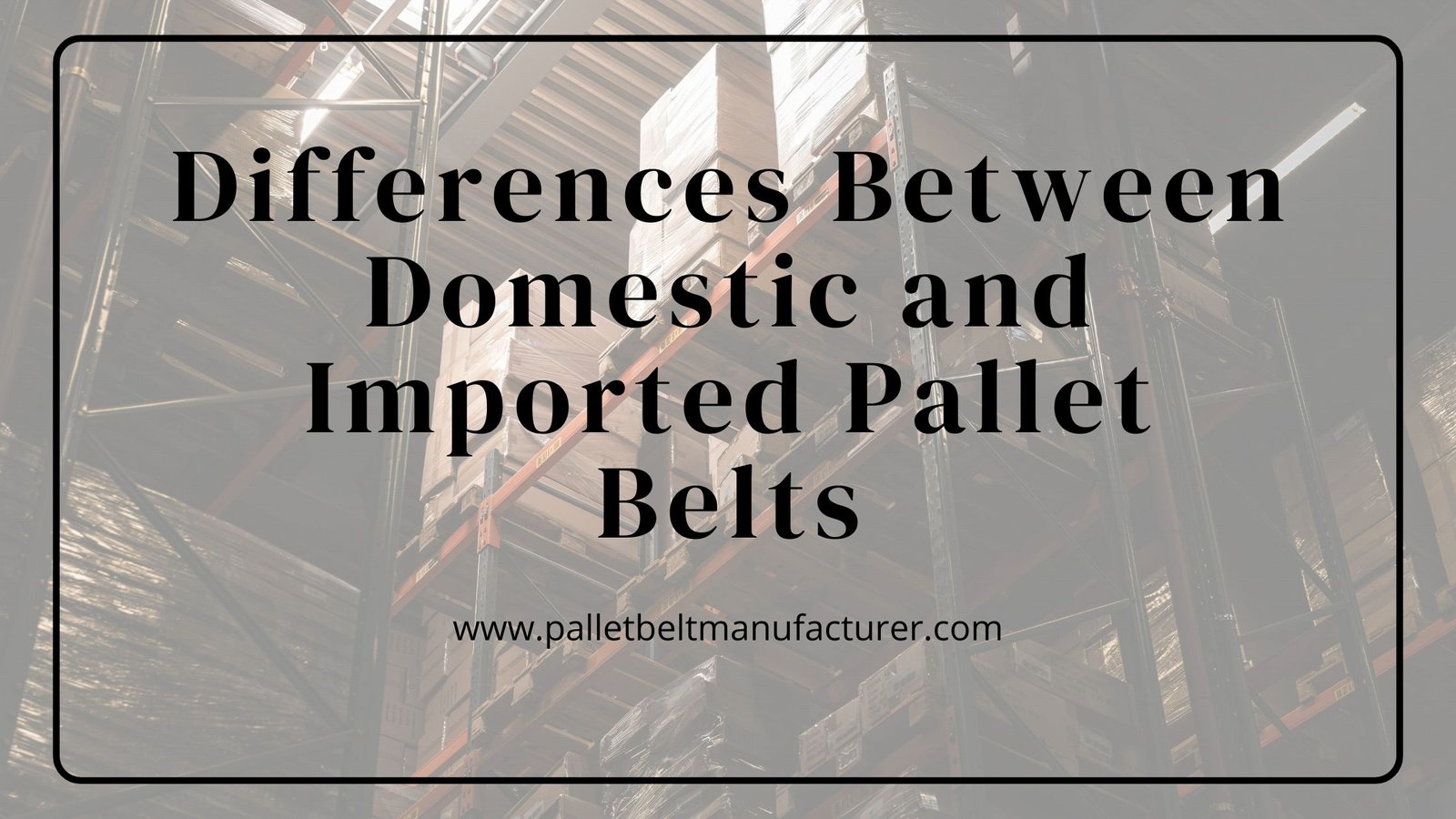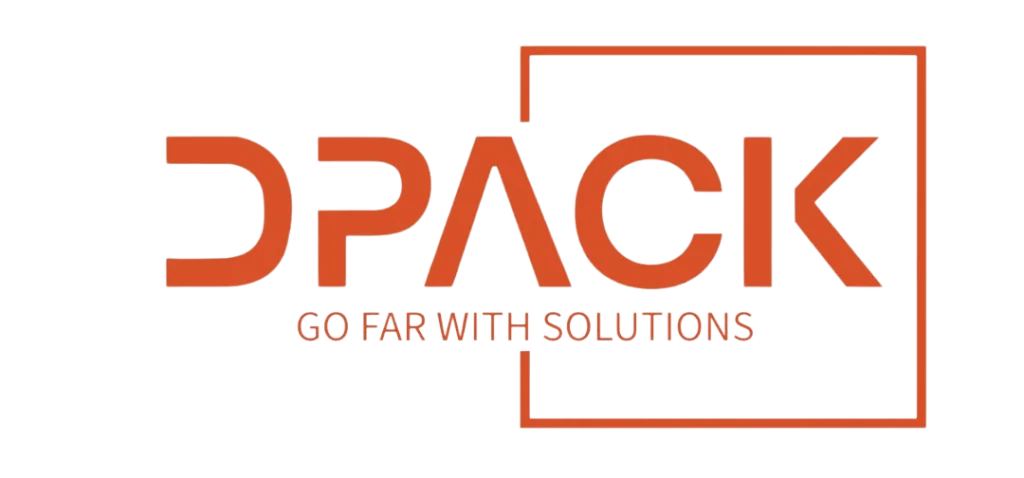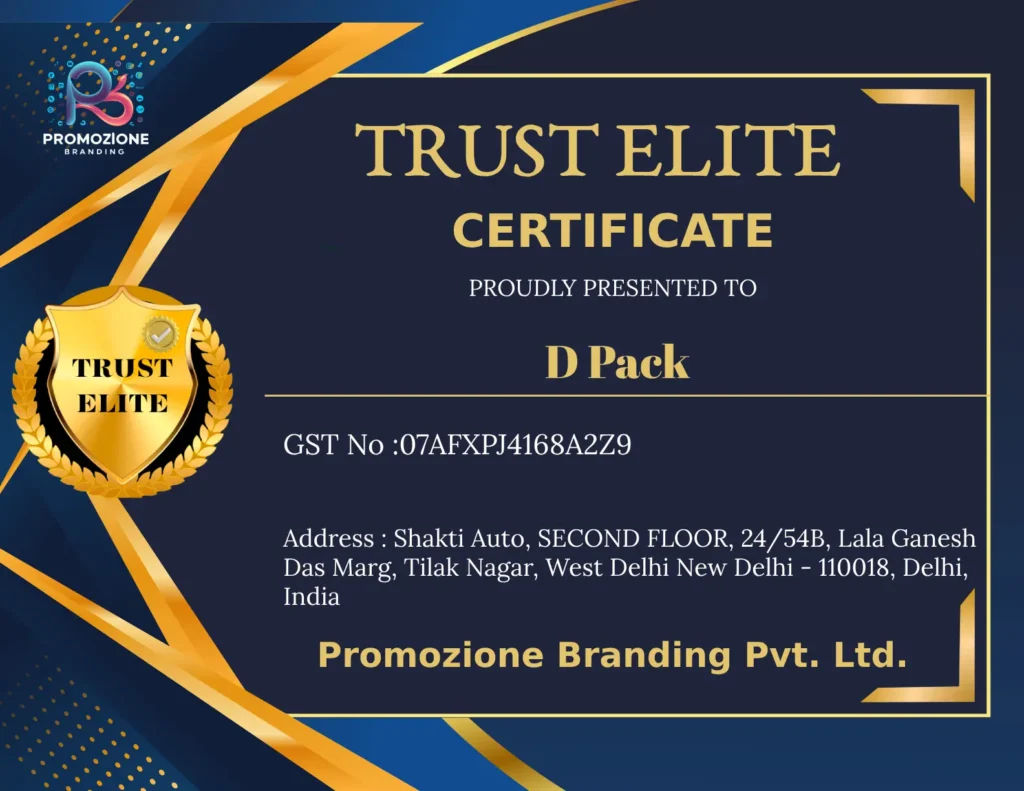
10 Differences Between Domestic and Imported Pallet Belts
When you’re in the logistics, warehousing, or manufacturing industry, pallet belts aren’t just another accessory—they’re a critical safety and efficiency tool. The choice between domestic and imported pallet belts can have a huge impact on your bottom line, operational flow, and even your company’s reputation.
At D Pack, a leading Pallet Belt Manufacturer in India, we’ve supplied thousands of businesses with pallet belts designed for durability, safety, and cost-effectiveness. Over the years, we’ve studied the market closely and seen the practical pros and cons of both domestic and imported belts in real-world conditions.
If you’ve ever wondered which is right for you, this in-depth guide will help you make the decision confidently.
1. Quality Standards – Beyond Just Strength
When it comes to pallet belts, quality isn’t just about whether the belt can lift a certain weight—it’s about long-term durability, safety in varied climates, and consistent performance over hundreds (or thousands) of uses.
- Domestic belts from trusted manufacturers like D Pack undergo rigorous testing based on BIS (Bureau of Indian Standards) and often align with ISO safety certifications. We monitor tensile strength, UV resistance, stitching integrity, and even fray resistance.
- Imported belts, while sometimes built to high standards, may not always meet local compliance requirements. Certain imported options might be designed for markets with different temperature ranges, humidity levels, or safety codes, which can lead to premature wear in Indian conditions.
Example: One of our clients, a food packaging company in Gujarat, initially opted for cheaper imported belts. Within 4 months, the belts started fraying under constant humidity exposure. Switching to our domestic UV- and moisture-resistant belts doubled their belt life cycle.
2. Lead Time & Availability – Time Is Money
The supply chain for pallet belts is a make-or-break factor in your operations.
- Domestic production ensures shorter lead times. With a manufacturer like D Pack, custom orders can be ready in 7–14 days, and standard stock is often available immediately.
- Imported belts can take anywhere from 30–90 days to arrive due to production slots, ocean freight, customs clearance, and port delays.
The impact of lead times becomes painfully obvious when there’s a sudden demand spike, such as seasonal shipping surges or urgent bulk orders.
Example: During the festive season, a leading e-commerce distributor in Delhi found their imported belt shipment stuck at the port for 3 weeks. They turned to us for a rush production run, which we fulfilled in 5 days—keeping their fulfillment rate at 99%.
3. Cost Efficiency – The Hidden Math Behind Pricing
At first glance, imported pallet belts may seem cheaper per unit. But a deeper cost analysis reveals the hidden expenses:
- Customs duties and import taxes add 10–30% to the base price.
- Currency fluctuations can make every reorder unpredictable.
- Shipping fees (especially post-2020) have soared globally.
- Returns or replacements from overseas can be nearly impossible without incurring huge freight costs.
With domestic belts, you get predictable pricing, local currency transactions, and no import duties. Over time, these savings compound significantly.
Real Cost Breakdown: A client calculated that their “cheap” imported belts were costing 18% more annually than domestic ones after adding delays, damage returns, and currency spikes.
4. Customization Options – Built for Your Business
Not all pallet belts are the same. Different industries require different specifications—whether it’s width, load capacity, hook type, or even brand colors.
- Domestic manufacturers like D Pack excel at custom manufacturing. Need belts with your company name printed? We can do that. Need a unique length for automated conveyor systems? Done.
- Imported belts often come in fixed standard sizes. Even when customization is possible, it can extend lead times to several months and require bulk MOQ commitments.
Industry Insight: FMCG brands increasingly request pallet belts with custom brand colors and logos to double as marketing tools during transit—something we’ve delivered for multiple high-volume clients.
5. After-Sales Service & Warranty – The Safety Net You Need
Even the best-made belts can face wear and tear over time. This is where service becomes crucial.
- Domestic belts from D Pack come with a warranty and easy repair or replacement options. A faulty unit can be swapped out within days.
- Imported belts might have international warranties, but claiming them involves slow email communication, language barriers, and long return timelines.
When a belt fails mid-operation, downtime is costly. A local solution means the difference between a 2-day hiccup and a 4-week crisis.
6. Sustainability & Eco-Friendliness – The New Business Standard
Sustainability isn’t just a trend—it’s a competitive necessity.
- Domestic production allows for control over sourcing, the use of recyclable materials, and reduced transportation emissions.
- Imported belts travel thousands of kilometers, increasing carbon footprint, and often lack detailed sourcing transparency.
Why it matters: Many major buyers now evaluate supply chain sustainability before awarding contracts. Using locally made, eco-friendly pallet belts could help you win big clients.
Making the Right Choice
Choosing between domestic and imported pallet belts is about balancing price, performance, and peace of mind.
At D Pack, we’ve built our reputation as a Pallet Belt Manufacturer by offering:
- Consistent high quality
- Quick delivery and flexible customization
- Cost savings without hidden charges
- Responsive after-sales service
- Eco-conscious manufacturing
Whether you’re an SME or a multinational, the benefits of going domestic are clear: better control, better quality, and better business outcomes.


